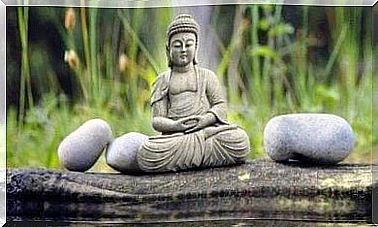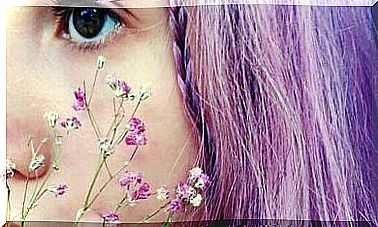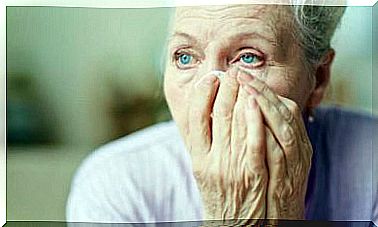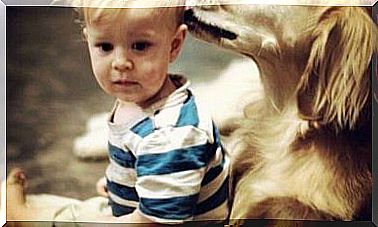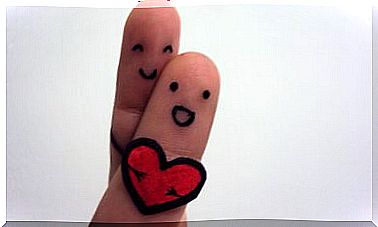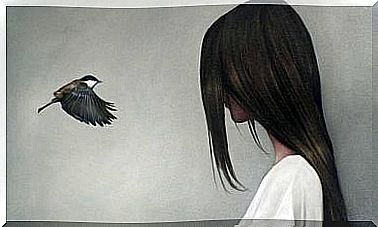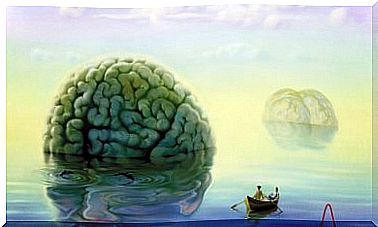What Masks Do You Wear In Your Daily Life?
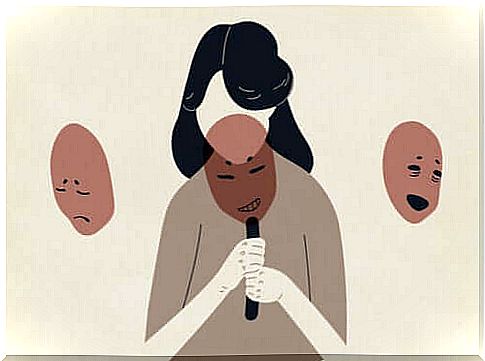
Masks are instruments we use to try to adapt to certain circumstances and thus reinvent ourselves to keep going. They allow us to act as if we are capable of anything and protect us from what we believe could harm us.
That is, masks are unconscious defense mechanisms that try to protect our true self when it might be in danger. It’s a gear that allows us to survive; therefore, wearing a mask is not necessarily harmful to us.
However, there are circumstances in which this mask we adopt does not fulfill this adaptive function, on the contrary. These masks embedded in our real faces have been extensively studied in psychopathology. They are known as “ego” in Gestalt psychology or “cultural preserves” in psychodrama.
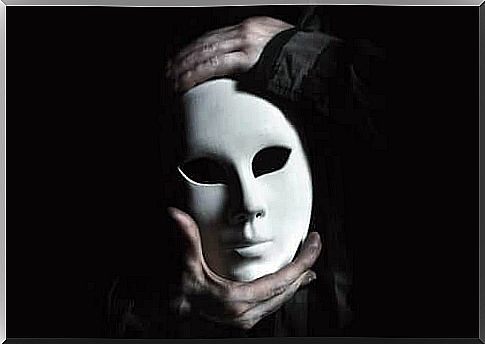
When do we need them?
We learn to wear masks from an early age when we realize that, in certain situations, we cannot behave as we would like to if we want to be accepted.
Thus, we learn that we must control, for example, our frustration and tantrums so that our parents give us their approval. Or we must be patient and friendly with our classmates to gain that acceptance.
These masks mark the boundaries for us to relate to others and learn the different roles we will need to play in our lives. They allow us to reflect on our impulses, developing superior abilities, such as empathy.
In addition, we also need to use these masks or inner characters in specific situations. For example, we may need a mask of strength in the face of adversity or difficult times, and then allow ourselves to let go of it and rest from the heavy burden.
The types of masks that accompany us
We learn to wear masks from childhood until we die. Some of them save us, others harm us. It’s curious that many of us share some of these masks. Let’s see some of the best known ones:
- The good boy. The child who has learned to behave well in order to always be accepted, who has difficulty setting limits or giving an opinion for fear of not having approval. Seek affection through sweetness and by satisfying others.
- The warrior. That mask that was created in tough battles allowed us to emerge victorious in the face of adversity. It allows us to let go of the fear and indecision we may feel when taking charge.
- The indifferent. The indifferent character who remains impassive no matter what happens outside. This is a character who defends himself from external threats by hiding his suffering.
- The savior. You have to save all the people and that is something very personal. Followers of lost cases and unduely responsible for the misfortunes of others.
- The sufferer. He learned that in life everything is a misfortune, and that the way to seek others’ love and attention is through victimization.
- The tough guy. A regular mask for the most sensitive people who fear being hurt and looking vulnerable. Faced with this fear, they learned to be less emotional and even aggressive.
- The eternal happy. People who may have a harder time accepting emotions such as sadness, anger, or loss pretend it’s okay by putting a bitter smile on their face.
- The funny one. They are the ones who learn to escape their emotions using humor. It’s a mask similar to the one above, in which you can believe that other people won’t accept you if one day you let go of the jokes and be sincere.
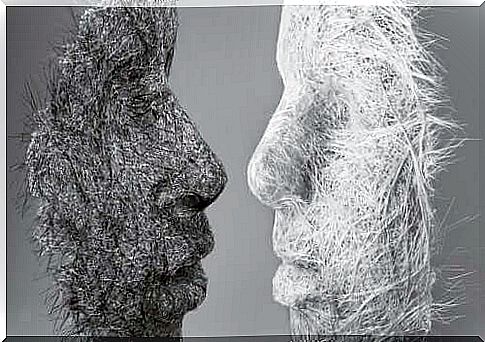
When the mask sticks to us
All of the above masks have something in common: they allow us to protect our true self from possible threats. Sometimes we wear these masks for so long that they stick to our skin. And we ask ourselves: am I really like that? Is this mask part of my essence?
If we ask ourselves this question, our precious mask has probably been with us for a long time. Perhaps this is the remnant of that wounded child who wanted to be loved and seen by others.
The masks that once protected us stopped working and became a way to disconnect from our emotions, forgetting our true desires and values. The loss of essence and emotional connection can lead to a dead end, trying to wear the same mask over and over again, even if life has changed.
It may be difficult to remove some masks. For example, if we play the tough guy, we might think that people appreciate us for that trait and will abandon us when they see our vulnerability. However, this is a mirroring of our own thoughts.
Once our daily function is over, we can get home and take off all the masks and look in the mirror, see ourselves and connect with our authentic self. Observe who you really are, with your own light and dark, to love yourself above all else. Only then will it be possible to show your naked face to others.
